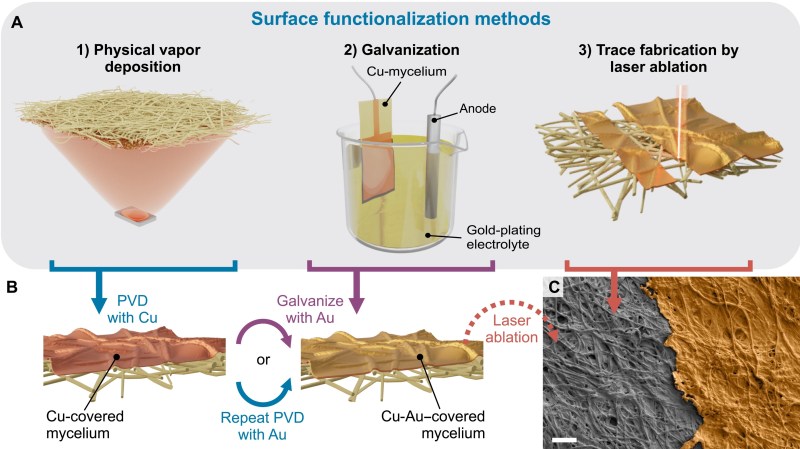Plant-and-wood-based material is strong, yet dissolves when discarded
While reusing cutlery is always better than discarding it, most people aren’t going to be packing a knife and fork whenever they grab some fast food. With that fact in mind, scientists have designed a recyclable plant-and-wood-based material that disso… Continue reading Plant-and-wood-based material is strong, yet dissolves when discarded
